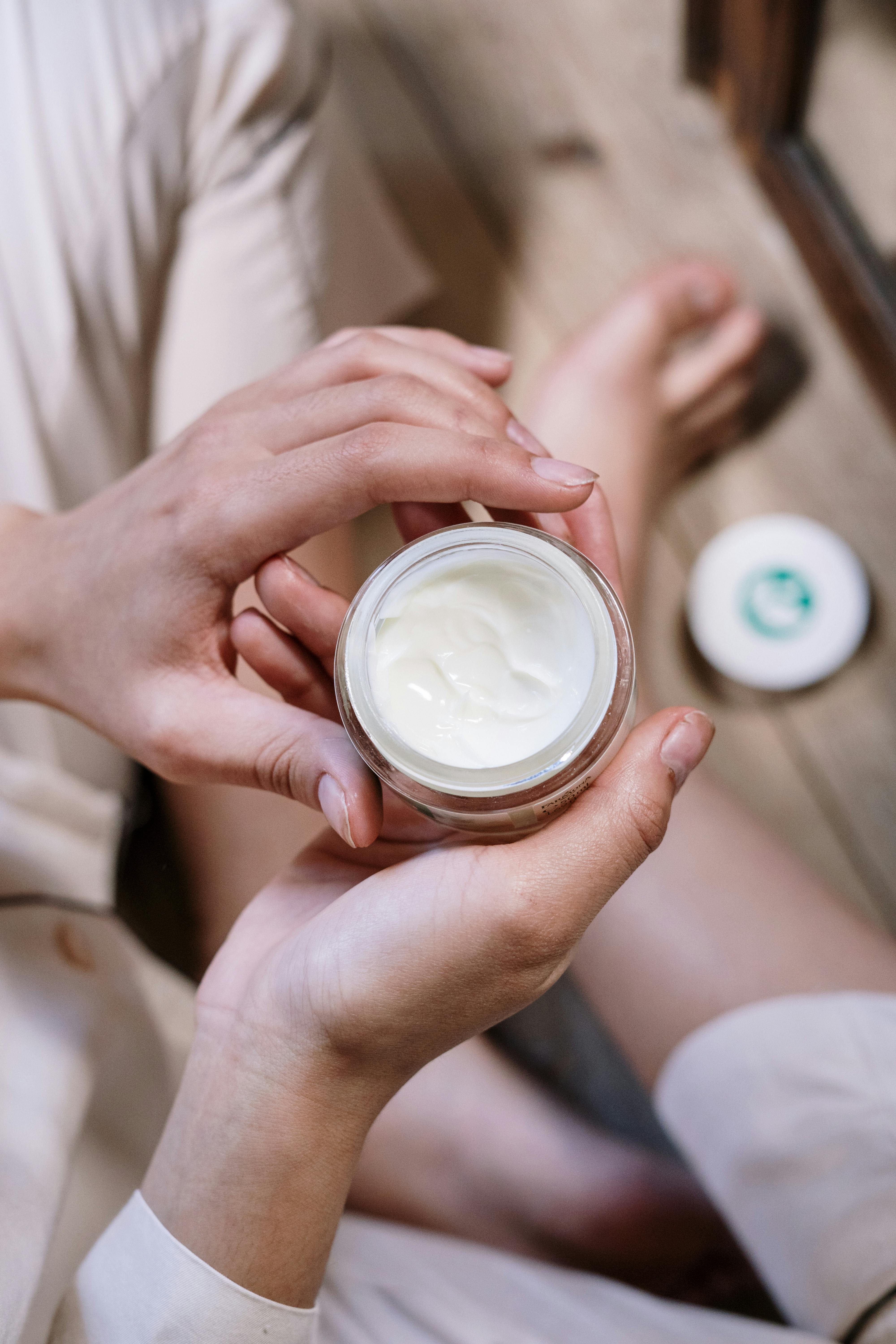Introduction:
Life can get hectic with multiple responsibilities, everyday stresses, and obligations. In this fast-paced world, where we are constantly on the move, taking care of ourselves often takes a back seat. However, self-care must be an essential part of our daily routine, and we cannot ignore its significance. Whether we are experiencing physical, emotional, or mental fatigue, practicing self-care can have amazing effects on our overall well-being. In this blog, we will discuss the power of self-care, its benefits, and how it can improve your life.
The Power of Self-Care:
Self-care is the practice of taking care of oneself to enhance all-round health and wellness. It is the ultimate act of self-love, which includes caring for your mind, body, and spirit. Self-care is often misunderstood as being self-indulgent or self-centered; however, it is neither. The more time you spend taking care of yourself, the better equipped you are to deal with the challenges and stresses of life. It is a powerful tool that can help reduce stress, improve mood, increase energy levels and boost self-esteem.
The Benefits of Self-Care:
Self-care offers a range of benefits that contribute to an overall sense of well-being. It helps improve physical health by reducing the risk of chronic illnesses such as diabetes, heart disease, and obesity. Regular exercise, a nutritious diet and getting sufficient rest are all part of self-care. Taking care of your mental health is equally essential, as it affects all areas of your life. Certain self-care practices such as meditation, yoga, and mindfulness exercises have been known to help reduce symptoms of anxiety and depression. Self-care helps you to stay focused, motivated and increases your overall productivity.
Types of Self-Care:
Self-care takes different shapes and forms, and there is no one size fits all approach. Each person has their unique needs and preferences. Some forms of self-care include physical activity, healthy eating, getting adequate sleep, and spending time outdoors. Engaging in creative hobbies such as painting or writing can also be self-care. Taking time off from work or technology to enjoy your favorite book or spend quality time with family and friends is also essential for your mental health.
Making self-care a habit:
Making self-care a habit requires a shift in mindset and behavior. It is essential to start small and be consistent. Taking baby steps such as taking a few deep breaths, taking a break to stretch every hour, or taking a short walk can do wonders for your mental health. Keep a journal to track your progress and reflect on what works best for you. Identify any unhelpful habits that you may be engaging in and replace them with healthier habits. Be kind to yourself and make self-care a non-negotiable part of your schedule.
![500+ Skin Care Pictures [HD] | Download Free Images on Unsplash](https://media.istockphoto.com/id/1399453703/photo/closeup-of-one-young-indian-man-applying-moisturiser-lotion-to-his-face-while-grooming.webp?b=1&s=170667a&w=0&k=20&c=Babkj04z51Kz06pzKB5phaE6VaURvC5T57dkLTmMU_0=)
Conclusion:
In conclusion, practicing self-care is a vital aspect of your overall health and well-being. It may require some effort and patience but is well worth the investment. Incorporate self-care routines that work for you into your daily life, and you will experience vast improvements in your physical and mental health. The benefits of self-care extend beyond ourselves as it makes us happier, calmer, and more equipped to handle life’s challenges. Remember that taking care of yourself is not selfish; it is self-love, and you deserve it.